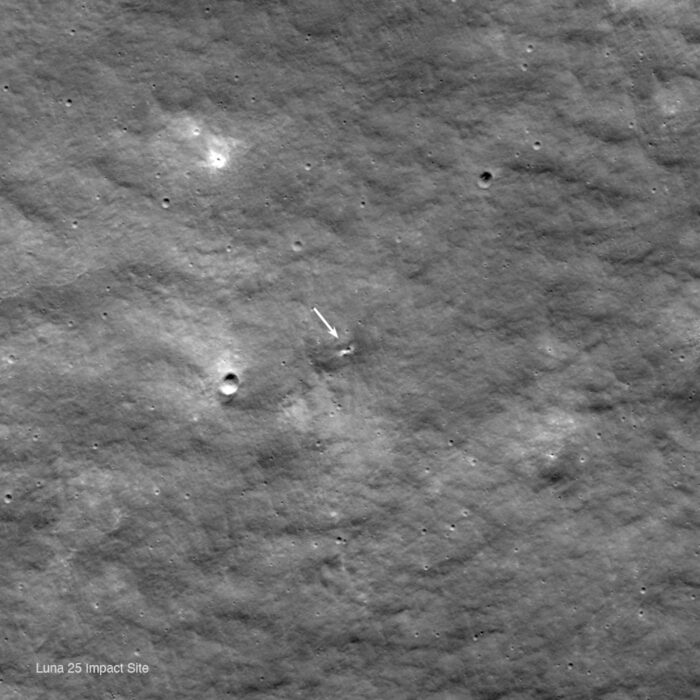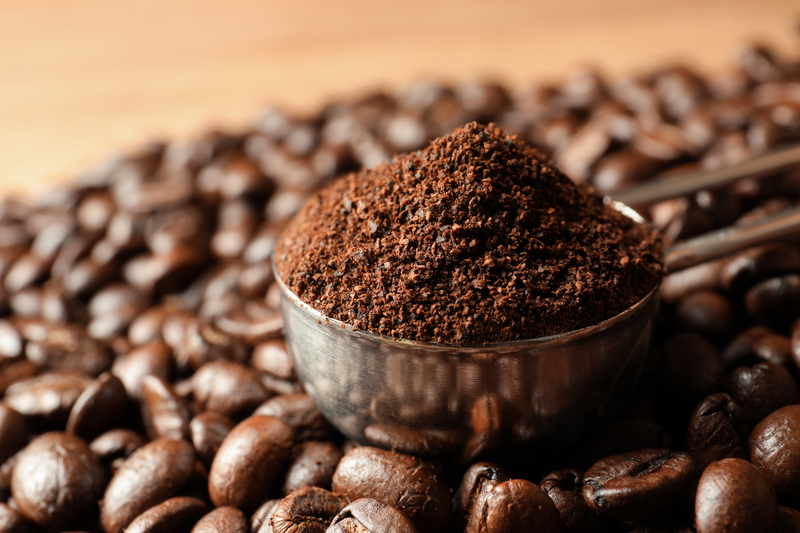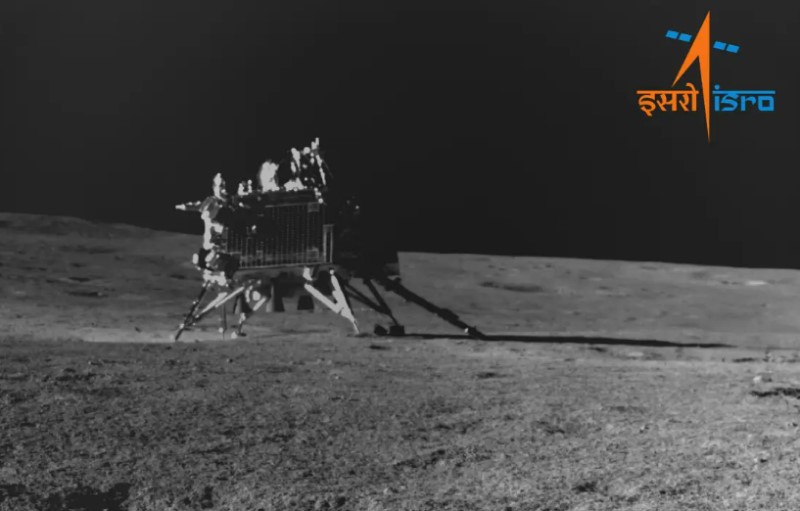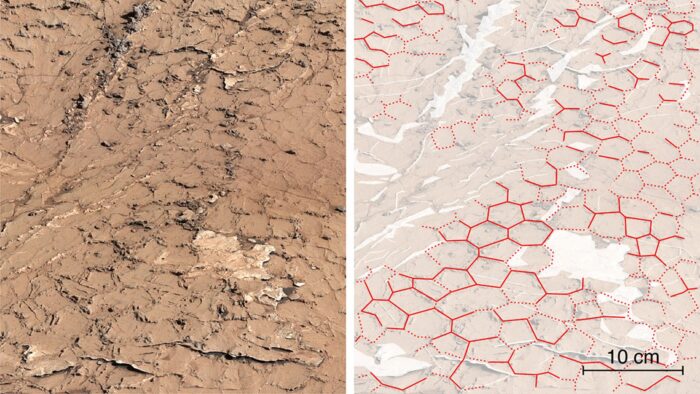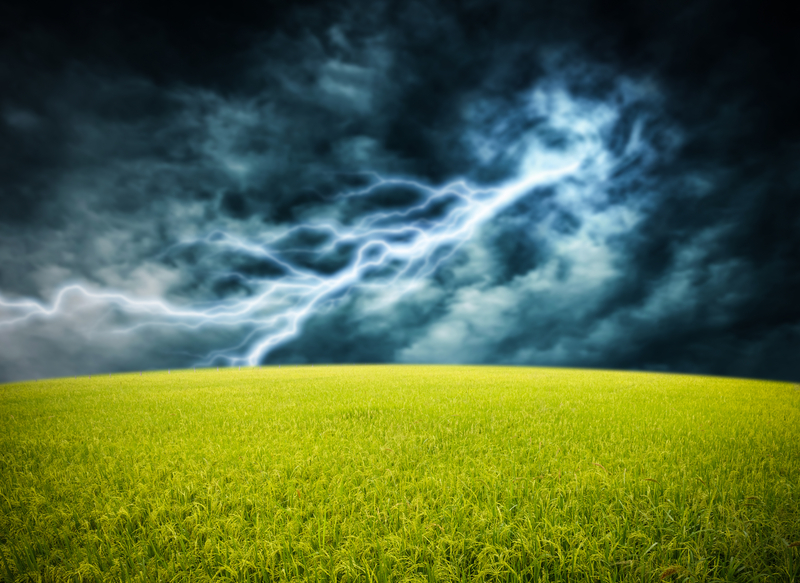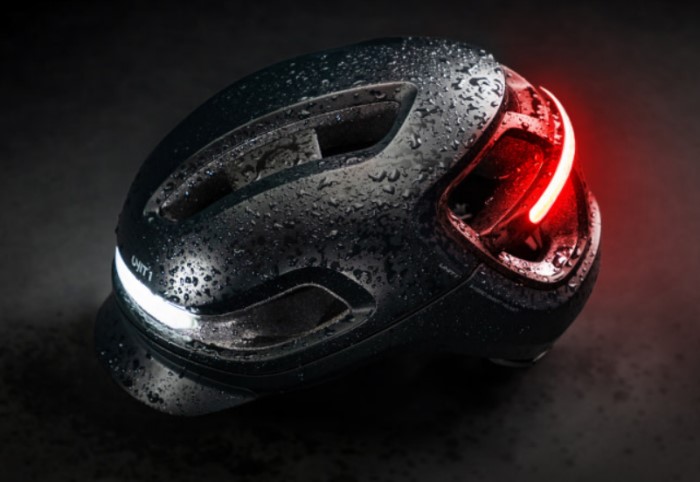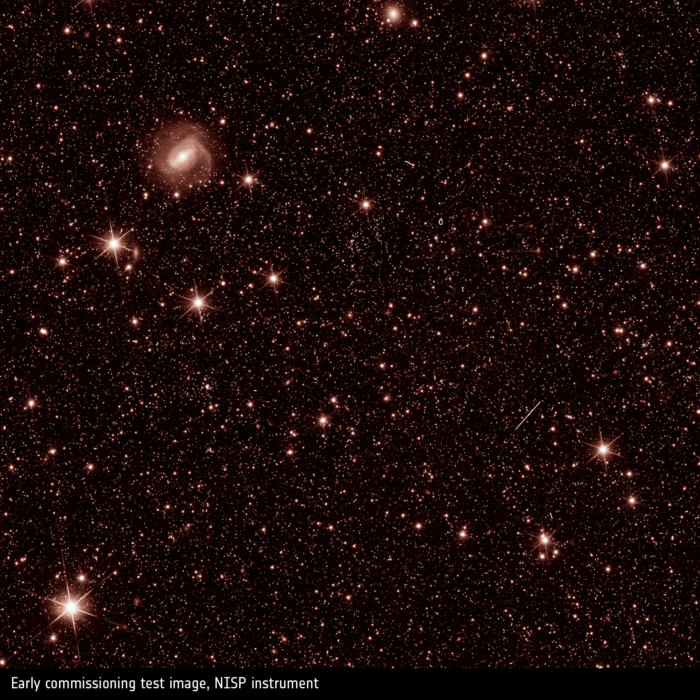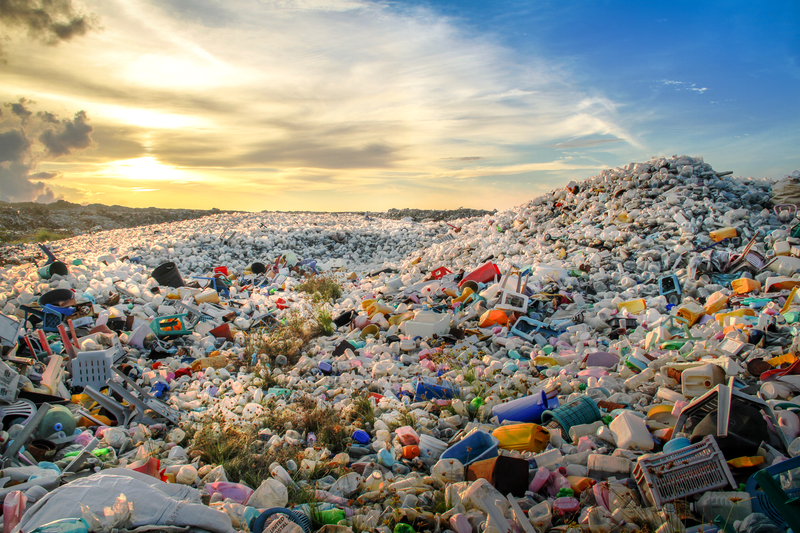Two years ago, it seemed like everyone was doing the Ice Bucket Challenge. In case you don't remember what it was, it went a little something like this. Take it away, Taylor Swift and friends...
If that still didn't make a ton of sense, let me explain. The Ice Bucket Challenge consisted of people recording themselves dumping a large bucket of ice water on their head, but not before they nominated other people to do the same thing. That way, it created a chain, with more and more people challenging others until it went viral. Though it became very common among celebrities, everyday people were daring one another to do it, too.
And why were people doing this again?
Awareness and fundraising for ALS
Despite suffering from ALS for his entire adult life, Professor Stephen Hawking has become one of the most brilliant minds of his time. (Getty Embed)
The exact origins of ice bucket challenge are a bit hazy. It seems like it began around 2012, but it didn't begin to go viral until the summer of 2014. But what isn't disputed is why people were doing it. It was done to raise money and awareness about ALS, or amyotrophic lateral sclerosis. This disease is also known as Lou Gehrig's Disease (Gehrig was a famous baseball player for the New York Yankees in the 1920s and 30s who died from ALS in 1941).
ALS is a disease that quickly affects the neurons that control voluntary muscles. In other words, people experience stiff or twitching muscles that eventually decrease in size. Eventually, sufferers have great difficulty moving, speaking, and even breathing. Though many people with ALS sadly die, a few are able to live long lives despite having the disease. The most famous of these people is scientist Stephen Hawking who is now 74. He was diagnosed with ALS in 1963 when he was only 21.
ALS has never received the attention of other more common diseases like cancer or heart disease. People with family members suffering from ALS decided to try and change that, and the ALS Ice Bucket Challenge was born.
More than just a craze
As the craze grew, people became more inventive about how the challenge was done. Here former Toronto Maple Leafs coach Randy Carlyle gets an entire Zamboni of ice water dumped on him! (Getty Embed)
At first it definitely worked. As the challenge went viral, more and more people were talking about ALS. Money was raised in larger and larger amounts (eventually around $220 million was raised). But like a lot of things that become popular over the internet, it's easy to see it as a passing fad. If you tried to "Ice Bucket Challenge" a friend or celebrity today, chances are that you would get ignored.
But that's what makes this news really rewarding to hear.
Scientists have discovered a new gene, named NEK1, that researchers claim is one of the most common genes to contribute to a person getting ALS. Our genes are parts of our DNA that act as instructions to our body as we grow. They determine everything about us — hair colour, skin type, bone structure, personality traits, you name it. And sadly, they can also "instruct" the body to create ALS in a person's body. The hope is that by understanding better how genes contribute to the disease, scientists can eventually stop it from ever happening.
Not a cure, but a start
To be clear, this discovery isn't a cure. It's only the beginning of a possible deeper understanding of ALS and how it starts in people. But as John Landers of the University of Massachusetts Medical School stated, "Global collaboration among scientists, which was really made possible by ALS Ice Bucket Challenge donations, led to this important discovery. It is a prime example of the success that can come from the combined efforts of so many people, all dedicated to finding the causes of ALS."
Way to go, internet. Sometimes, you're pretty alright.
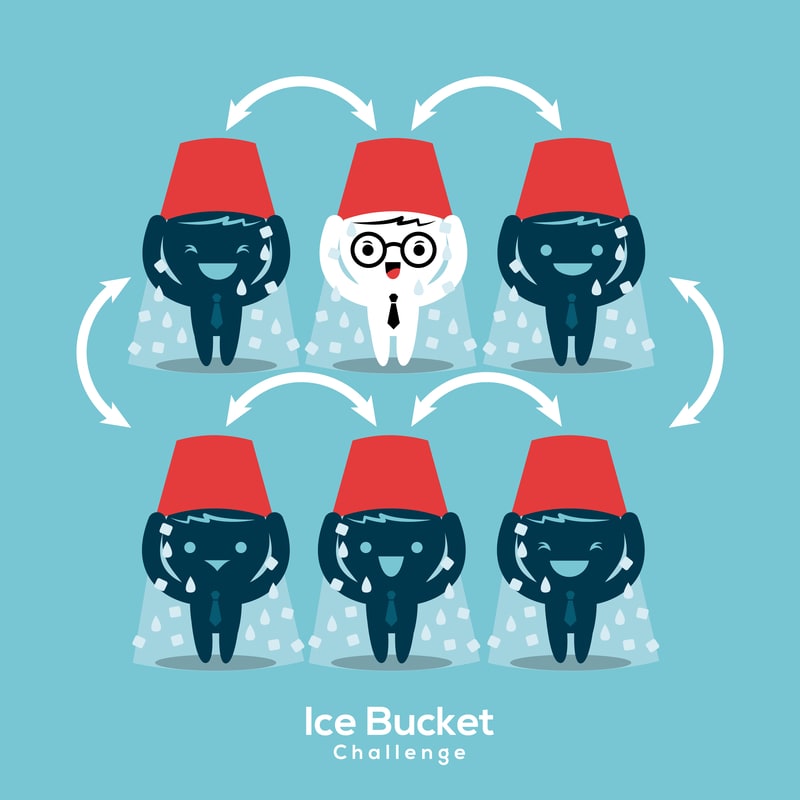 (© Kraphix | Dreamstime.com)
(© Kraphix | Dreamstime.com)

